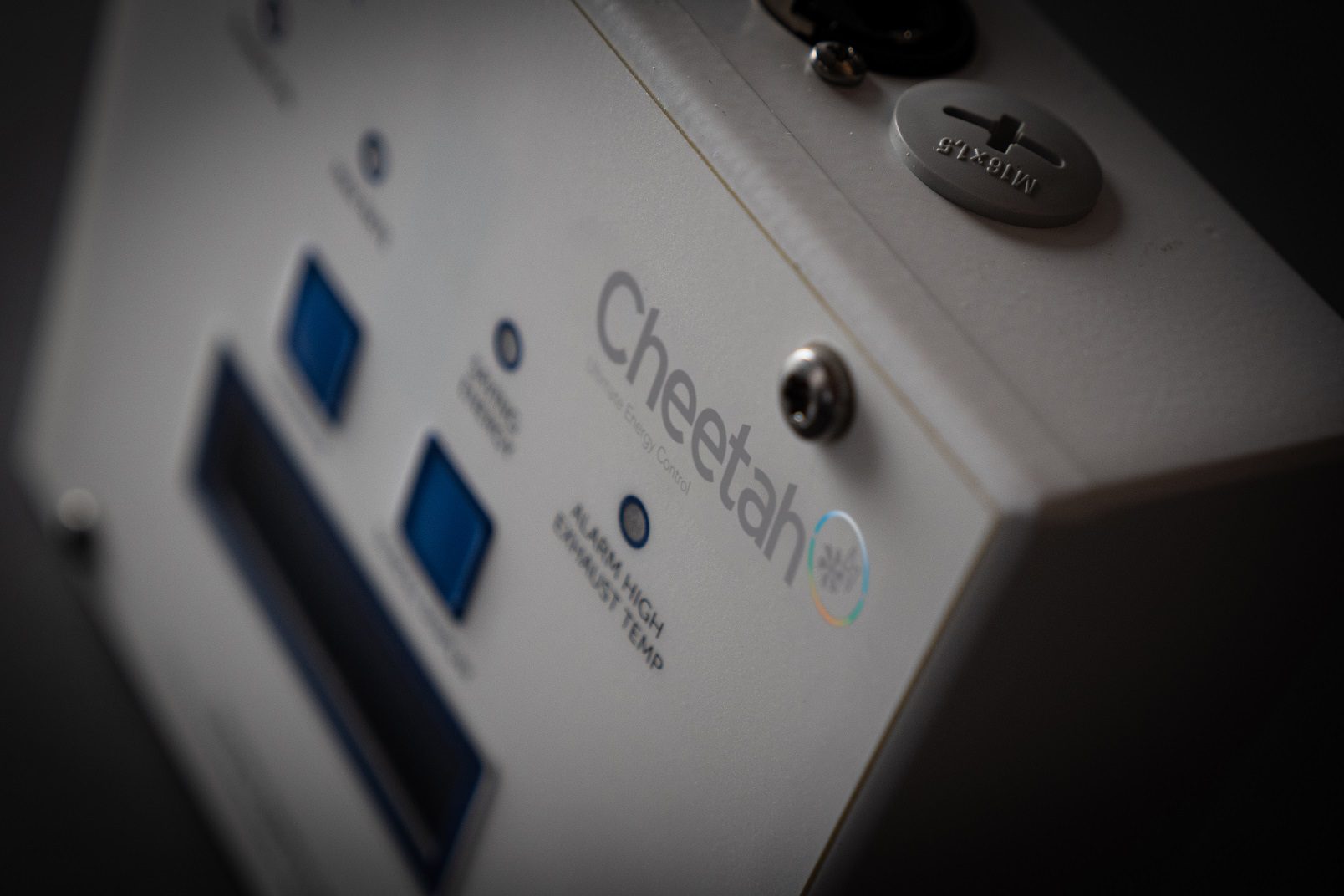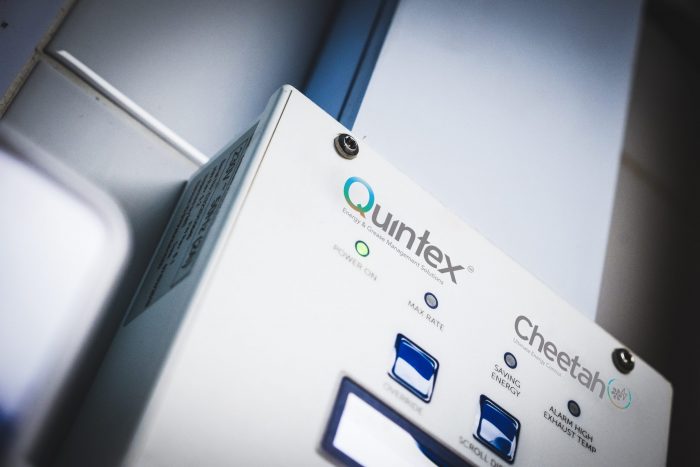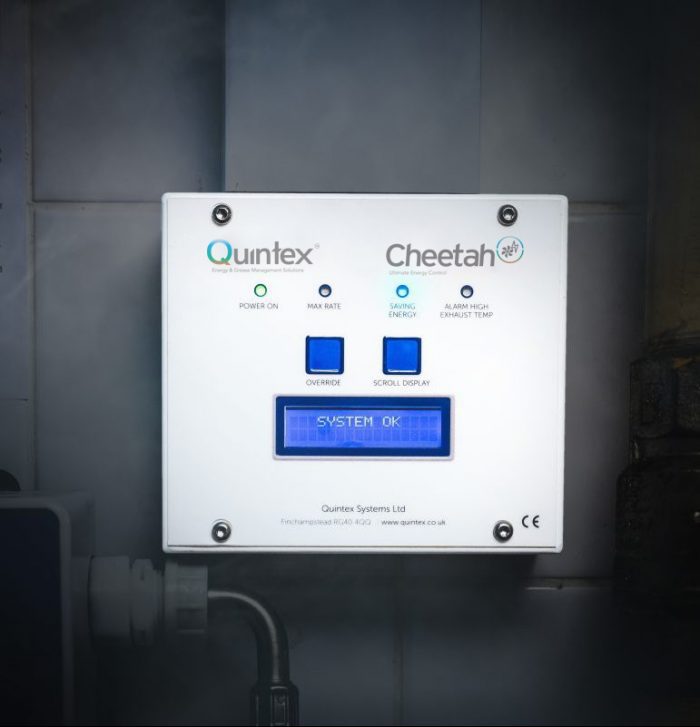The Net Zero on Campus: From Principles to Action initiative, a collaborative effort between SDSN, the Climateworks Centre, and Monash University, aims to facilitate the sharing of lessons and resources to accelerate the decarbonization of university campuses around the world. The initiative consists of a “how-to” guide and accompanying online toolkit that will enable universities to accelerate the planning and implementation of net zero strategies, and act as living laboratories for testing solutions.
The Reading University was introduced to the Cheetah system in 2020 as a result of an engineering doctoral thesis entitled “Energy Reduction in Commercial Food Preparation” undertaken recently at the university. This is a case study on the impact on energy usage after installing the Cheetah System from Quintex.
Read original case study



